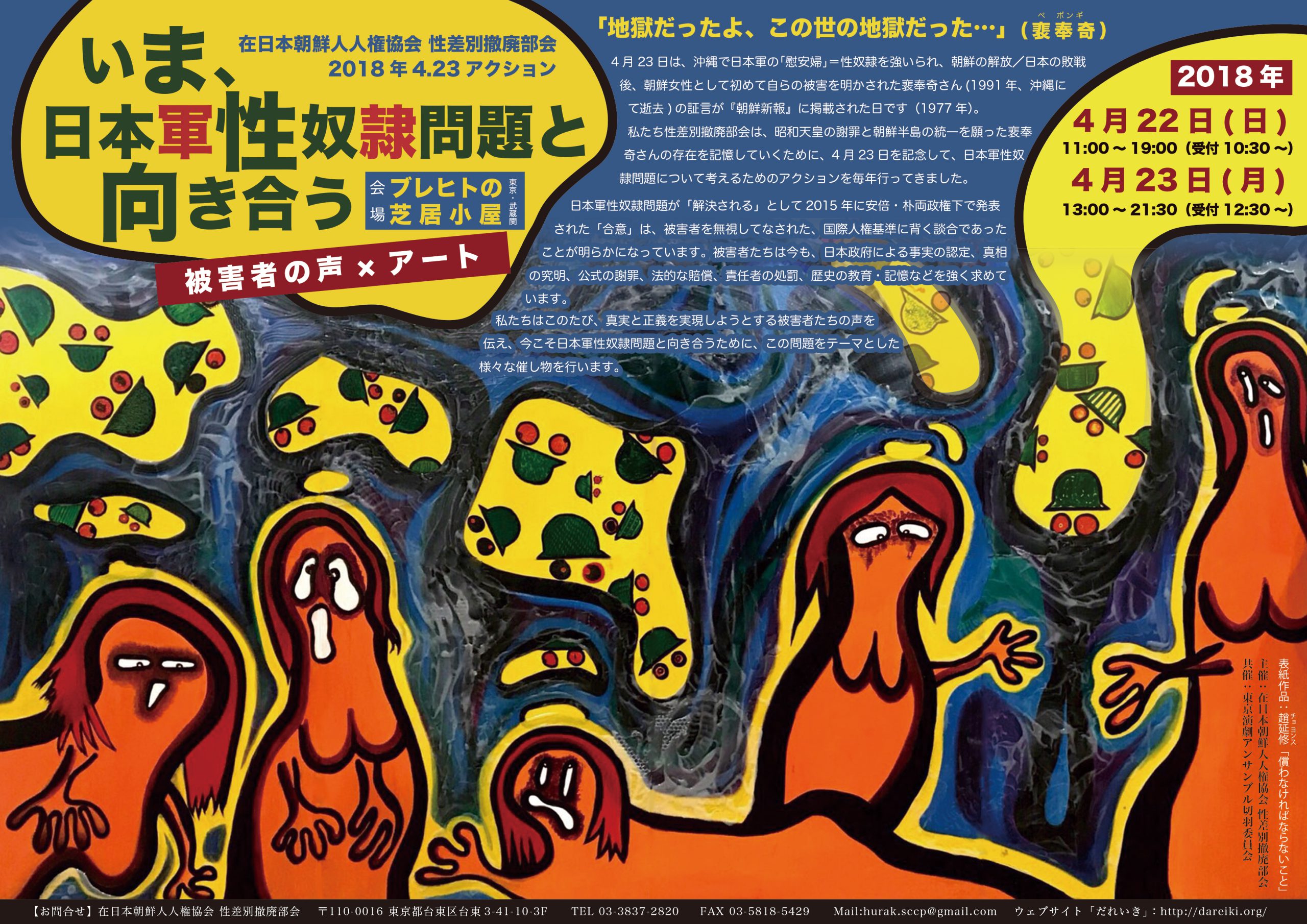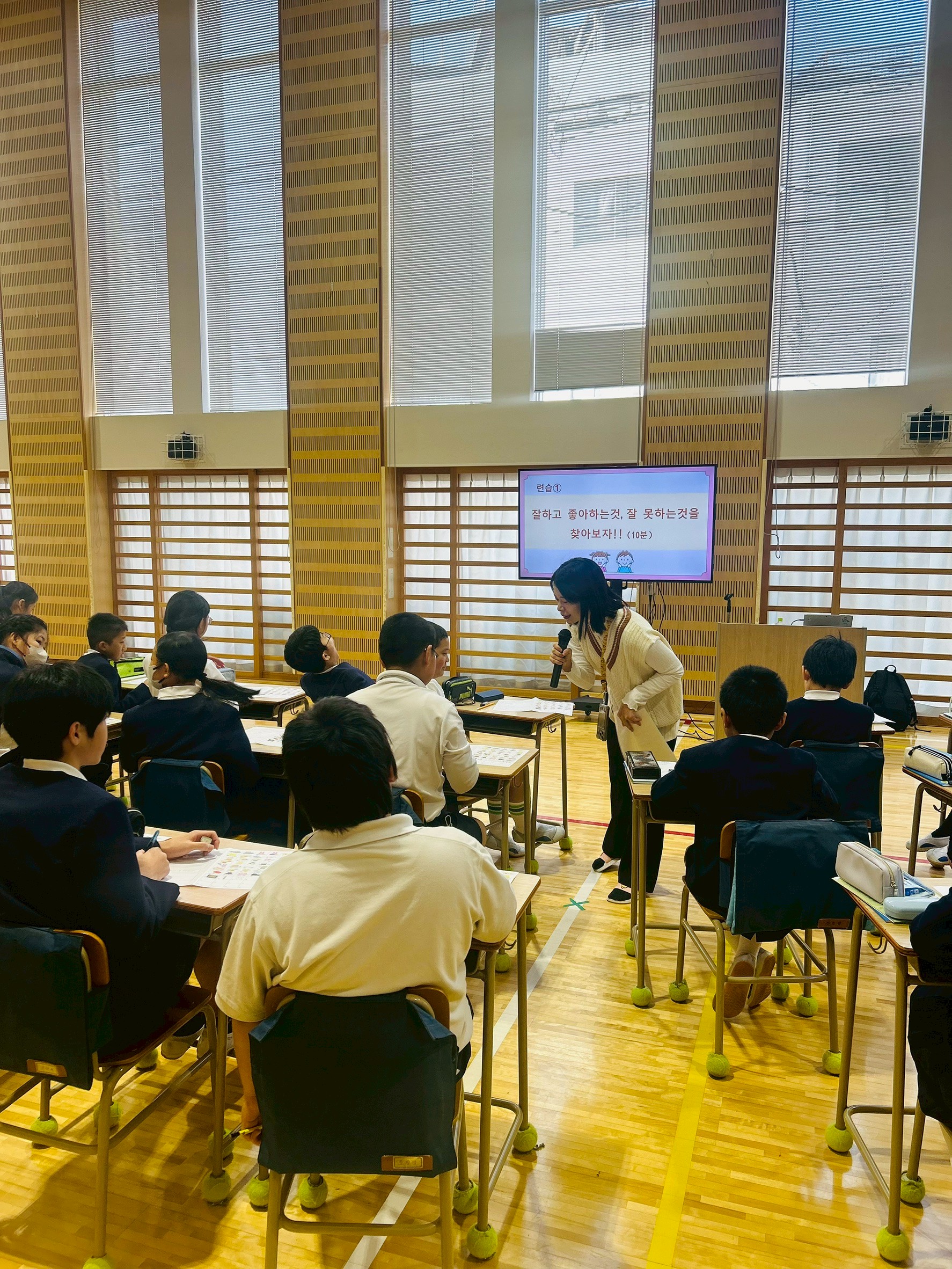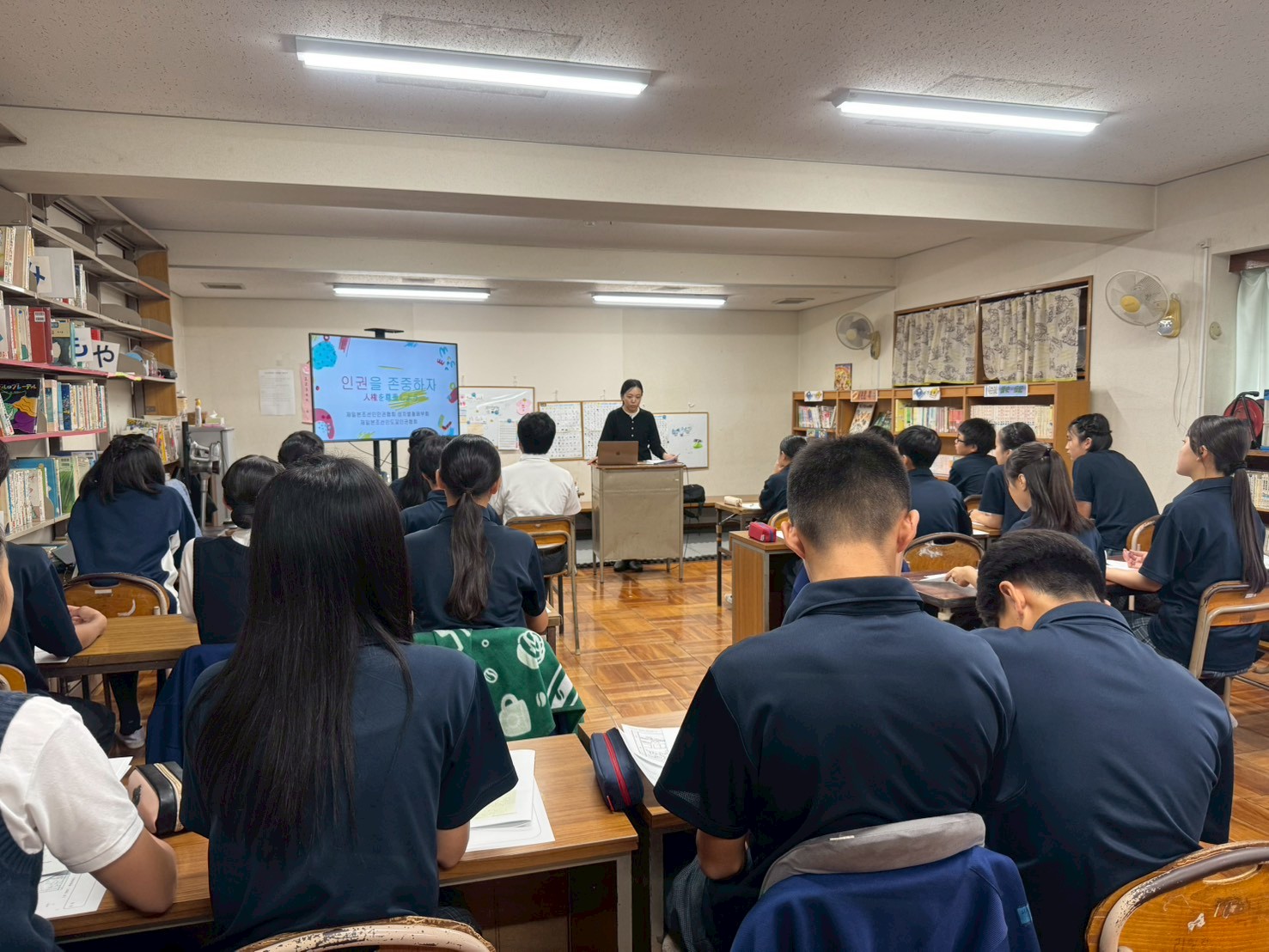“Department of Elimination of All Forms of Intersectional Discrimination,
Human Rights Association for Korean Residents in Japan Presents the Annual 4.23 Action, 2018”
We confront the issue of Japan’s military sexual slavery ~ survivors’ narratives x arts~
“It was a hell… the hell of this world…” (BAE Bong-ki)
April 23, 1977 is the day, BAE Bong-ki, a former sexual slave of Japan’s military, also known as “comfort woman,” had her very first narrative of the colonial, sexual violence she endured during and after Japan’s colonization of Korea appear on the Chosun Shimbo newspaper. She was the first Korean woman to “come out” as a former sexual slave. Ms. Bae passed away in Okinawa in 1991.
In the last three years, we, the Department of Elimination of All Forms of Intersectional Discrimination, have organized an annual action to commemorate April 23 and BAE Bong-ki who demanded apology from Emperor Hirohito and wished for Korea’s (re)unification, as well as to educate broader public about Japan’s military sexual slavery.
In 2015, Japanese Prime Minister Abe and South Korean (ROK) President Park attempted to “settle” the issue under the “agreement.” International society has condemned that this “agreement” does not apply the “victim-centered” approach, but instead completely ignores the victims and survivors who have come forward to demand justice for many years. Still today, they are demanding acknowledgement of Japan’s military sexual slavery, comprehensive investigation into the crimes, official and legally-bound apology, government reparations to all victims, prosecution of the criminals, ongoing education in Japan’s history textbooks and construction of memorials and museums to remember victims and to preserve history.
This year, we are putting together various programs to realize truth and justice as survivors have demanded and to continue to think about the issue of Japan’s military sexual slavery.
◇Date◇
Sunday, April 22, 2018, 11am – 7pm (Doors open at 10:30am)
Monday, April 23, 2018, 1pm – 9:30pm (Doors open at 12:30pm)
◇Location◇
Brecht Raum (Musashi-seki, Tokyo)
● 4-35-17, Sekimachikita, Nerima-ku, Tokyo
● 6 min walk from Musashi-zeki Station, North Gate (Seibu Shinjuku-Line) / 3 min walk from “Sekimachi-Kita 4-chome” bus stop (Seibu Bus from JR Kichijoji Station)
● Tel: 03-3920-5232 | Website: http://www.tee.co.jp
◇Ticket Prices◇
■Panel and Art Exhibits: 500 yen
*No advanced tickets
*Exhibit section is open 11am~2:30pm on Sunday, April 22 & 1pm ~ 6:30pm on Monday, April 23
*Exhibit section closes during talk and performance events
■Talk and Performance Events:
● Advanced tickets: 2500 yen, 2000 yen for students, people with disability and financial difficulty
● At door: 3000 yen, 2500 yen for students, people with disability and financial difficulty
*Free entrance for high school students or younger and caregivers
*Tickets include admission to all talk/performance events and panel/art exhibits
◇Ticket Sales◇
Please use the link https://goo.gl/sMq1Nj to fill out information or call at 03-3920-5232 (Tokyo Engeki Ensemble, Japanese only) to reserve your seat. Advanced tickets must be purchased before 5pm, April 19. Tickets will also be available at the door. All payment will be processed at the event. Cash only.
◇4.23 Action is sponsored by the Department of Elimination of All Forms of Intersectional Discrimination, Human Rights Association for Korean Residents in Japan, and co-sponsored by the Kiriha Committee of Tokyo Engeki Ensemble Theatre.
◇Inquiry◇
Department of Elimination of All Forms of Intersectional Discrimination
Human Rights Association for Korean Residents in Japan
3-41-10, 3rd floor, Taito Taito-ku Tokyo, 110-0016
Tel: 03-3837-2820 | Fax: 03-5818-5429 (Korean, Japanese and English)
E-mail: hurak.sccp@gmail.com
Website: http://hobohobo.sakura.ne.jp/dareiki-old/
◇Programs◇
1) Panel and Art Exhibits
◯Date&Time:
Sunday, April 22, 11am-2:30pm
Monday, April 23, 1 – 6:30pm
◆Panel Exhibit “Let’s learn about Japan’s military sexual slavery”
~“What was Japan’s military sexual slavery?” “ Who created ‘comfort stations’ for what purposes?” Created by Women’s Active Museum on War and Peace (WAM), the panel will answer such fundamental, yet important questions about the sexual slavery system. It will have a special section for BAE Bong-ki and SONG Shin-do, 2 Zainichi Korean survivors.
◆Art Exhibit “Issues of Japan’s military sexual slavery and I”
This exhibit presents art pieces created by Zainichi Korean students and professional artists. Most of the works have been newly created for this exhibit.
2) Talk and Art Performance
◆“Issues of Japan’s military sexual slavery today ~ things that became visible supporting Song Shindo and her lawsuit” by Yang Chingja
◯Date&Time: Sunday, April 22, 3:00-4:30pm
~Long time activist for the issue of Japan’s military sexual slavery, Yang will discuss current situation and her experience supporting the sole Zainichi Korean survivor of the “comfort women,” Song Shindo and her struggle to demand justice from Japanese government. Song passed away last year after decades of leading justice movement and serving as a role model for women and girls. The talk is going to be in Japanese, no English interpretation.
*Yang Chingja is a translator and interpreter as well as a lecturer at colleges including Hitotsubashi University. Yang has been actively engaged in the issue of Japan’s military “comfort women” since 1990 and among other projects produced a documentary film on the subject called Ore no kokoro wa maketenai (My heart will never be defeated). Yang is currently the president of KIBOTANE, Seed of Hope Foundation, a Tokyo-based foundation dedicated to educating youths on the comfort women issue. She is also a co-director of Japan Nationwide Network for Resolution of Japan’s Military “Comfort Women” Issue.
◆Music Performance:
◯Date&Time: Monday, April 23, 7 – 7:15pm
◯Vocal: Gisaeng | Piano: KIM Sung-su
◆Play “Caramel”
◯Date&Time:
Sunday, April 22, 5 – 6:30pm
Monday, April 23, 7:30 – 9:00pm
◯Script: KIM Kigang
◯Actors: KIM Kigang, HONG Mi-ok
~Yet another halmoni (grandmother) passes away. Having no family, only her dead body and her friend are present at the funeral. Two halmonis celebrate their lives to the fullest. They dance, sing, cry and laugh together until they part. “Caramel” is a story of women who were deprived of joy and sorrow –things we take for granted.
[Actor Profiles]
◯KIM Kigang
Kim is a 3rd generation Zainichi Korean singer, writer and actor based in Shiga prefecture in Japan. She is currently the director of performance group, Gekidan Dol and has performed at various venues to shed lights on the lives of the marginalized peoples. Kim’s most popular works include “Doggy Poop” based on a children’s book written by Kwon Jung-seng, “Zainichi Vital Check,” a 100-year story of Zainichi Korean history and lived experiences, and “Value of People –Tama and Haru,” a story about discrimination against “untouchable” people in Japan called Burakumin.
◯HONG Mi-ok
Born in Kanagawa prefecture in 1974, Hong started acting during her study in the United States. Hong completed B.A. in theatre at Nihon University, and as a member of Tokyo Engeki Ensemble Theatre, she has been working closely with youths. Hong has been hosting the Kiriha Committee of Tokyo Engeki Ensemble Theatre. With keen interests in issues pertaining to the Korean Peninsula, nuclear power issues and militarism in Okinawa, Hong has organized various gatherings and events to educate broader public. She is currently on a tour to visit high schools throughout Japan with a new musical piece, “Pirates that Disappeared.”



